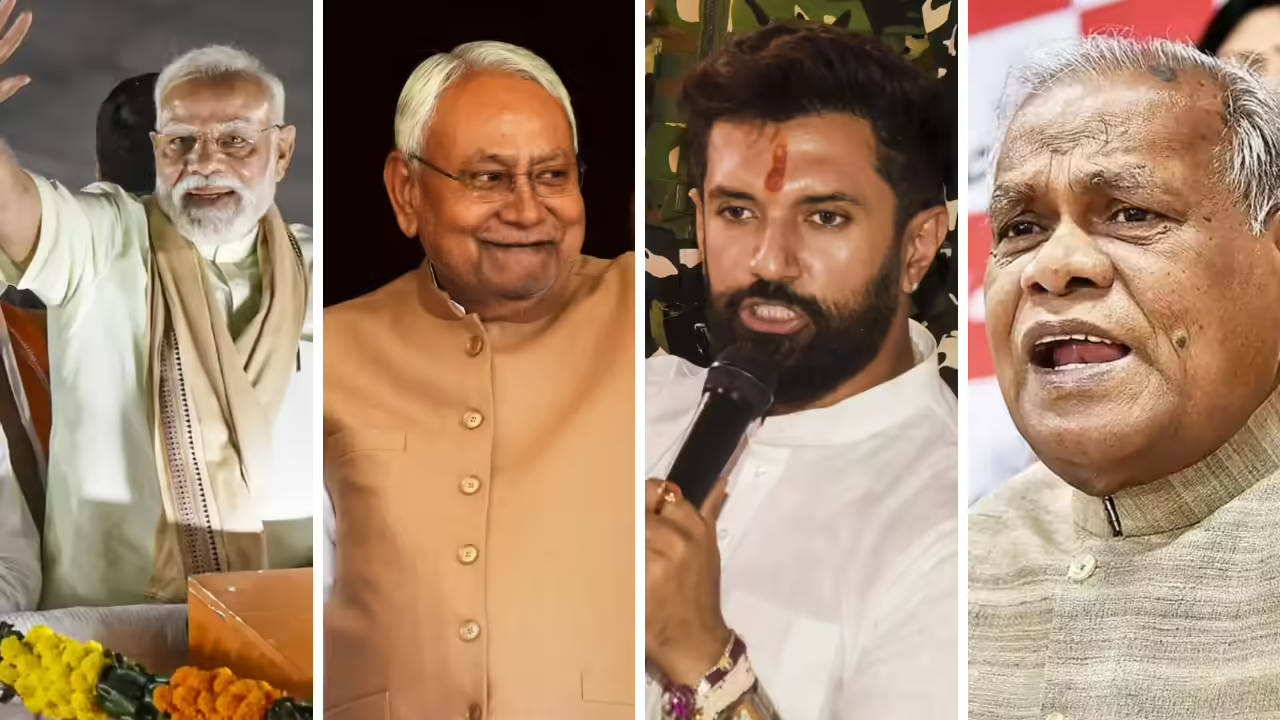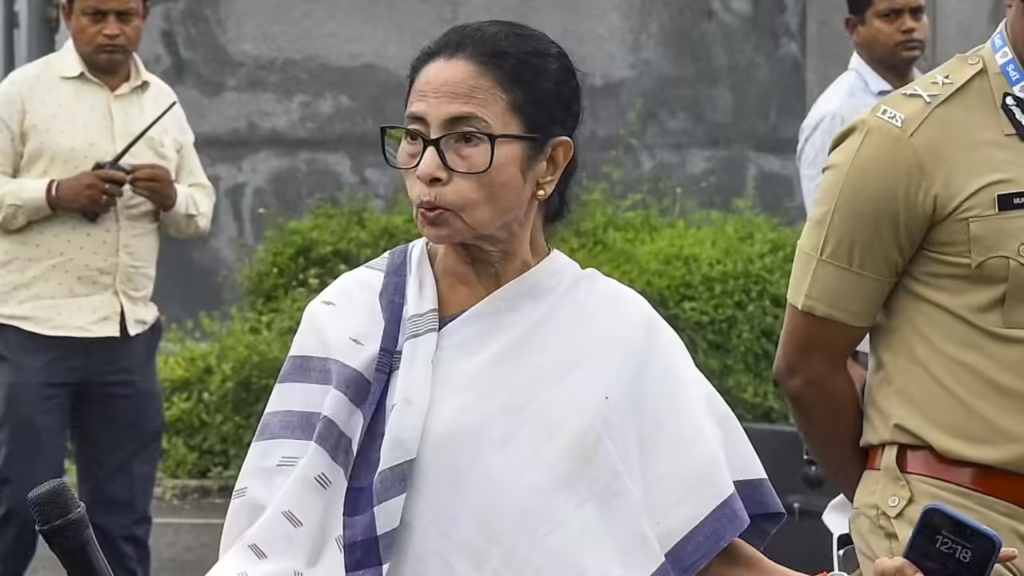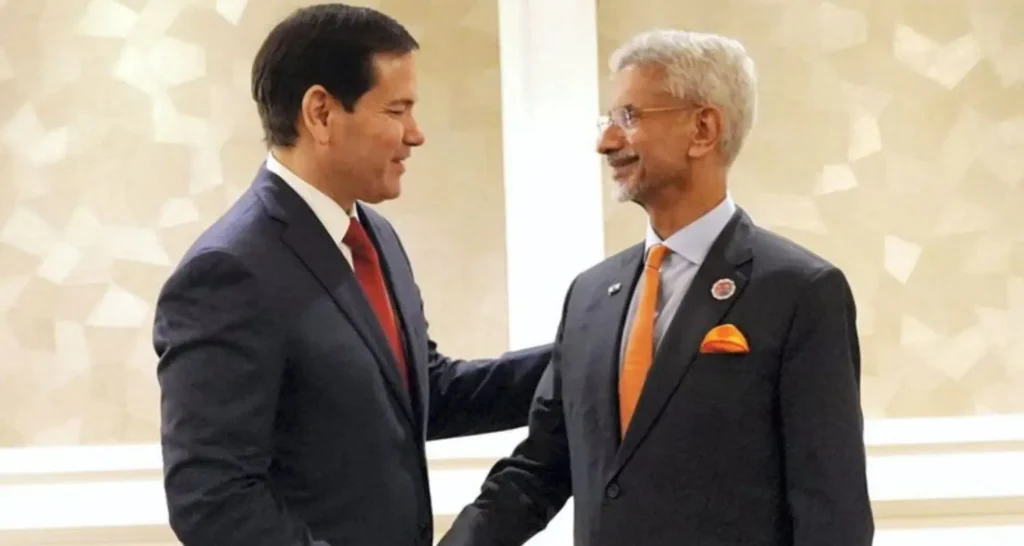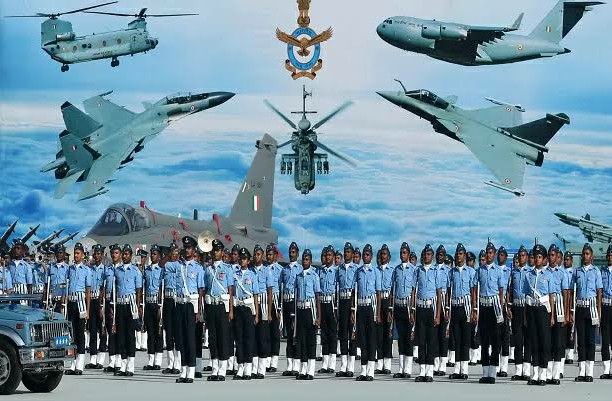Now Reading: Bihar Polls 2025: BJP-JD(U) Likely to Contest Fewer Seats Amidst NDA Allies’ Demands
-
01
Bihar Polls 2025: BJP-JD(U) Likely to Contest Fewer Seats Amidst NDA Allies’ Demands
Bihar Polls 2025: BJP-JD(U) Likely to Contest Fewer Seats Amidst NDA Allies’ Demands

As Bihar gears up for the 2025 Assembly elections, the National Democratic Alliance (NDA) is facing internal challenges over seat-sharing arrangements. The Bharatiya Janata Party (BJP) and Janata Dal (United) (JD(U)) are expected to contest fewer seats than in the 2020 elections due to increasing demands from smaller allies.
Seat-Sharing Dynamics within NDA
The NDA’s seat-sharing negotiations have become complex, with smaller allies asserting their claims. Chirag Paswan’s Lok Janshakti Party (LJP), led by Union Minister Chirag Paswan, has demanded 40-45 seats, while Jitan Ram Manjhi’s Hindustani Awam Morcha (HAM) is seeking 15-18 seats. Additionally, the Rashtriya Lok Manch (RLM), led by Upendra Kushwaha, is expected to be allocated four seats. These demands have led to a situation where the BJP and JD(U) may contest approximately 101 and 102 seats, respectively, down from their previous allocations.
Challenges in Finalizing Seat-Sharing
The BJP and JD(U) are striving for an equal division of seats, with each aiming to contest around 103 seats. However, the increasing demands from smaller allies have complicated these negotiations. The LJP and HAM’s insistence on larger shares is creating pressure on the major parties, potentially leading to a reevaluation of their seat allocations.
Political Implications
The ongoing seat-sharing discussions reflect the broader political landscape in Bihar. The RJD-led opposition alliance, INDIA, is also facing internal challenges, particularly regarding the Chief Ministerial candidate. These dynamics suggest a highly competitive electoral environment, with both alliances seeking to consolidate their positions.
Conclusion
As the election approaches, the NDA’s internal negotiations over seat-sharing remain a critical factor in shaping the political scenario in Bihar. The final seat allocations will significantly impact the strategies of all parties involved and could influence the outcome of the upcoming Assembly elections.

























